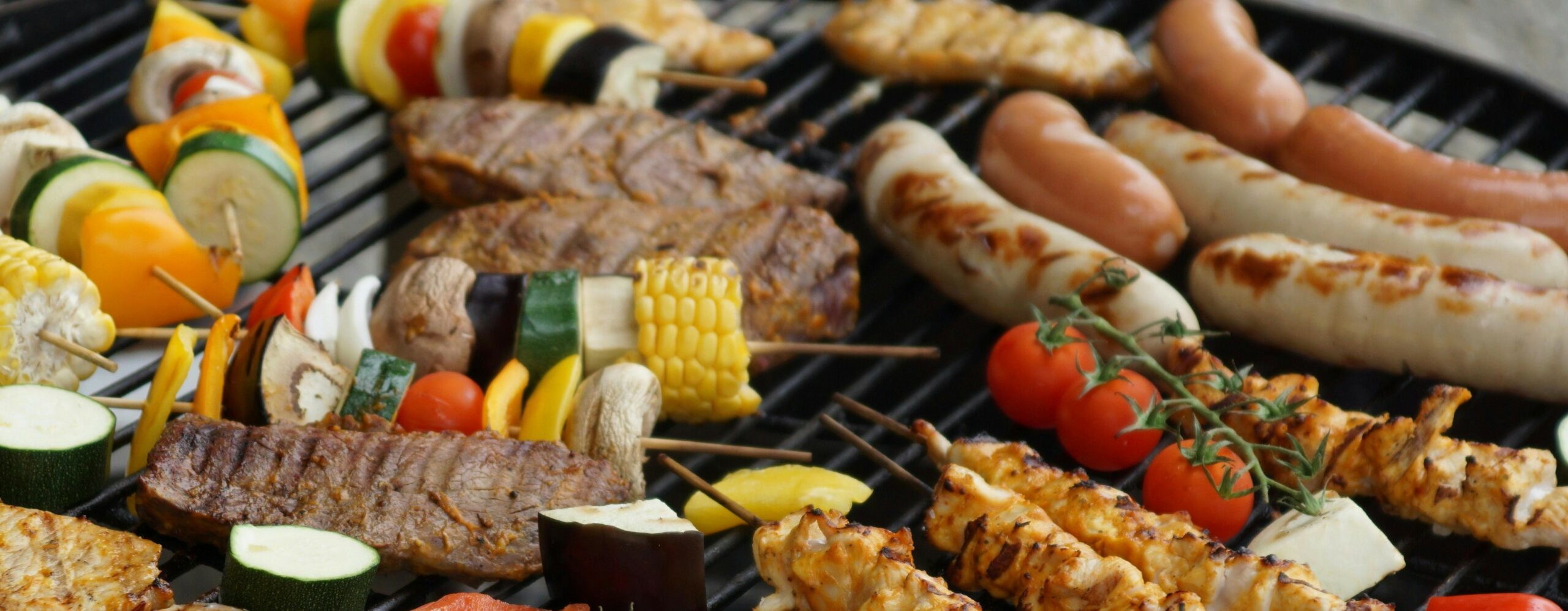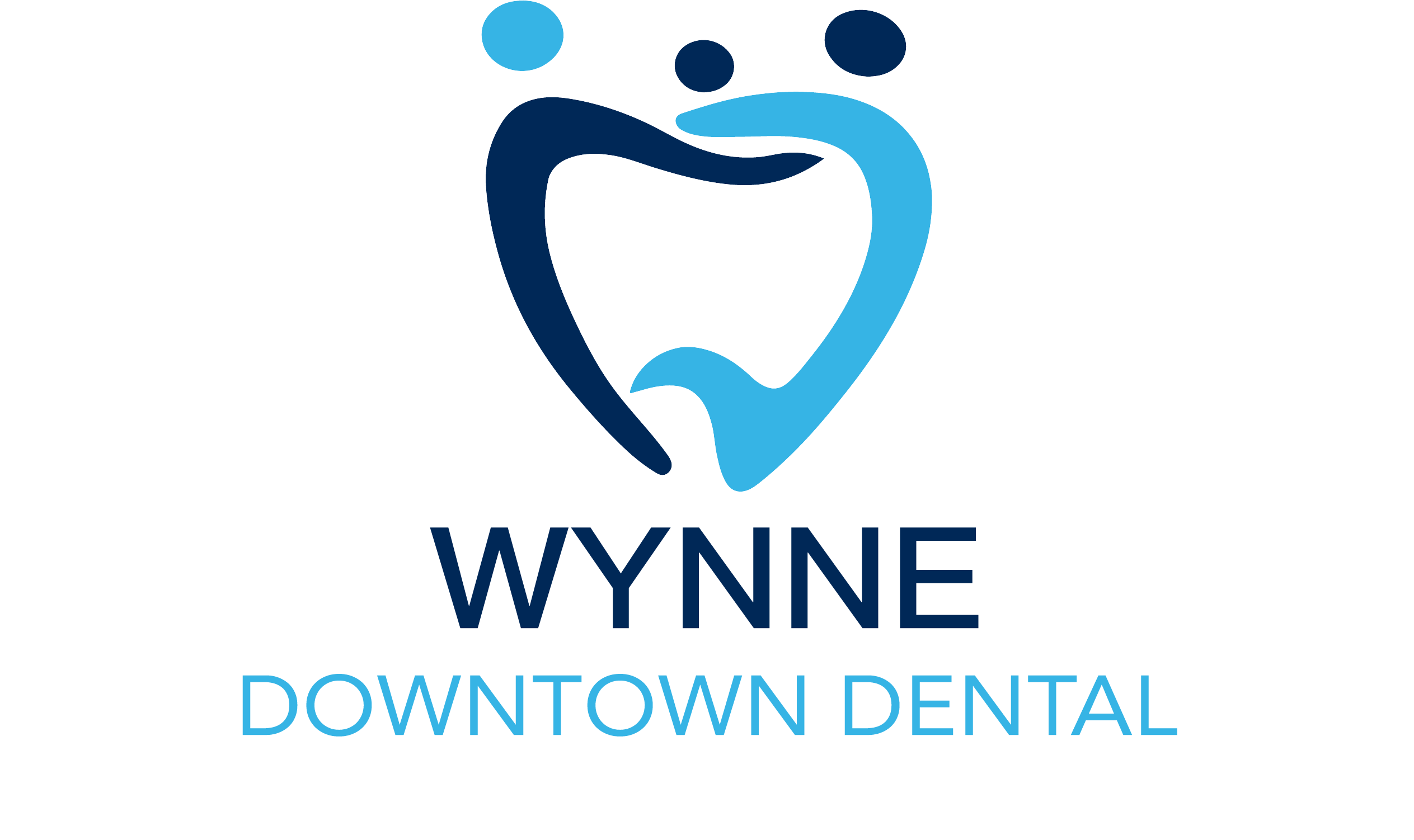
01 Jul The Impact of Barbecue and Picnic Foods on Teeth
Summertime is synonymous with barbecues and picnics, but the delicious foods we enjoy can sometimes wreak havoc on our dental health. Here’s a look at how some of our favorite barbecue and picnic treats affect our teeth and what we can do to mitigate the damage.
The Truth About Barbecue Sauce
Barbecue sauce is a staple at any cookout, but it’s a double-edged sword for our teeth. The sauce’s high sugar content fuels the bacteria that produce plaque, leading to tooth decay. Additionally, the vinegar in barbecue sauce is acidic and can erode tooth enamel over time. The combination of sugar and acid makes barbecue sauce particularly damaging if consumed frequently without proper dental care. To enjoy barbecue sauce safely, consider limiting your intake, drinking plenty of water, and brushing your teeth afterward to remove any residues.
The high sugar content of barbecue sauce can feed the harmful bacteria in your mouth, which in turn produces acids that attack tooth enamel, leading to cavities and tooth decay. The acidic nature of vinegar, often found in barbecue sauce, further exacerbates this issue by weakening the enamel, making teeth more susceptible to decay. It’s essential to moderate your consumption of barbecue sauce and to maintain good oral hygiene habits, such as brushing and flossing, to mitigate these effects.
The Hazard of Chips
Potato chips are a favorite snack at picnics and barbecues, but they pose several risks to dental health. The starch in chips breaks down into sugar, which bacteria in the mouth use to create plaque. Additionally, chips tend to get stuck in the crevices of teeth, providing a feast for bacteria. The acidic environment created to break down these starches can also damage enamel. Opt for healthier, crunchy alternatives like carrots or celery sticks, which are less likely to harm your teeth and can even help clean them. The starch in chips is broken down into sugar, fueling the bacteria that produce plaque and contributing to tooth decay.
Additionally, the sharp edges of chips can cause small cuts in your gums, providing an entry point for bacteria and increasing the risk of infection. Chips can get lodged in the crevices of teeth, leading to prolonged exposure to acids that damage enamel. To reduce these risks, consider snacking on healthier alternatives like crunchy vegetables. These options are less likely to cause damage and can help clean your teeth while you eat.
The Assault of Pickles and Vinegar-Based Foods
Pickles and other vinegar-based foods are common at barbecues and picnics. While they add a tangy flavor to meals, the high acidity of vinegar can wear down tooth enamel, making teeth more susceptible to decay and sensitivity. This erosion happens when the acids weaken the enamel, the hard outer layer of your teeth. To reduce the risk, enjoy these foods in moderation and always rinse your mouth with water afterward to help neutralize the acids.
Vinegar, a key ingredient in pickles, is highly acidic and can contribute to enamel erosion, making teeth more vulnerable to decay and sensitivity. The acidity of vinegar can soften enamel, leading to increased susceptibility to cavities. By moderating your intake of pickles and other vinegar-based foods, and by rinsing your mouth with water after consuming them, you can help minimize the potential damage to your teeth. This simple practice can help neutralize acids and protect your enamel.
Sugary Treats and Desserts
No picnic is complete without some sweet treats, but desserts like fruit salads and sweets are loaded with sugars that can cause significant dental issues. Sugar is the primary food source for the bacteria that cause tooth decay. As these bacteria digest the sugar, they produce acids that erode enamel and lead to cavities. Desserts that are sticky, like those with whipped cream or gelatin, can adhere to teeth and prolong acid exposure.
To minimize damage, choose fresh fruits or yogurt-based desserts, and ensure you maintain good oral hygiene by brushing and flossing after indulging. The high sugar content in these treats provides a feast for harmful bacteria, which produce acids that erode tooth enamel and lead to cavities. Sticky desserts, in particular, can cling to teeth and prolong acid exposure, increasing the risk of decay. To enjoy sweet treats without compromising your dental health, opt for fresh fruits or yogurt-based desserts, which are healthier alternatives. Maintaining good oral hygiene by brushing and flossing after consuming sugary treats is essential for protecting your teeth from decay.
Tips for Protecting Your Teeth During Barbecues and Picnics
Hydrate Often: Drinking water helps wash away food particles and acids that can damage your teeth. Staying hydrated is crucial for maintaining oral health, as water helps rinse away food particles and neutralize acids in your mouth. Drinking water during and after meals can significantly reduce the risk of tooth decay.
Choose Wisely: Opt for teeth-friendly foods like cheese, which neutralizes acids, or fibrous vegetables that stimulate saliva production and help clean your teeth. Choosing teeth-friendly foods can make a significant difference in protecting your dental health. Cheese, for example, helps neutralize acids and provides calcium, which strengthens teeth. Fibrous vegetables like celery and carrots stimulate saliva production, which helps clean your teeth naturally.
Brush and Floss: Maintain good dental hygiene by brushing and flossing after meals to remove food particles and plaque. Consistent oral hygiene practices, such as brushing and flossing, are essential for removing food particles and plaque that can lead to tooth decay. Make it a habit to brush your teeth at least twice a day and floss daily to keep your teeth and gums healthy.
Conclusion
Moderation is Key: Enjoy your favorite barbecue and picnic foods in moderation and be mindful of their impact on your dental health. Moderation is crucial when it comes to enjoying your favorite barbecue and picnic foods. By being mindful of the potential impact on your dental health and consuming these foods in moderation, you can enjoy them without compromising your oral health.
By being aware of the foods that can harm your teeth and taking steps to mitigate their effects, you can enjoy all the flavors of summer without compromising your oral health. Understanding the potential risks associated with certain barbecue and picnic foods can help you make informed choices that protect your teeth. By taking proactive steps to mitigate these risks, such as practicing good oral hygiene and moderating your consumption of harmful foods, you can enjoy the flavors of summer without sacrificing your dental health.
Wynne Downtown Dental is your home for advice on all dietary tips in relation to your dental health. Schedule an appointment with Wynne Downtown Dental today!

About Our Team
With over 30 years of expertise in the field of dentistry, our team here at Wynne Downtown Dental is ready to meet your needs. We’re passionate about educating our patients on improving their oral health and helping our patients get the smile they deserve.
